By Laurie Hurson
In Spring 2023, the Teaching and Learning Center (TLC) launched two OER projects that ease discoverability and support graduate student instructors teaching with Open Educational Resources (OER). The projects–the TLC Hack-a-thon and Assignment Library, and student-developed Disciplinary OER Collections–reduce the burden of finding OER for teaching at CUNY and foster and situate communities of practice for graduate student instructors and adjuncts teaching with OER.
In recent years, many faculty have begun using Open Educational Resources as their primary or secondary teaching materials. The university has celebrated teaching with OER as a way to lower textbook costs for students. However, adoption of open educational practices also creates opportunities to empower students as co-creators of knowledge and develop more equitable and collaborative learning experiences (Katz & Van Allan, 2022). Despite the uptick in OER use and creation, barriers to adoption persist, including “discoverability” (the ability to find pertinent OER online), increased labor, and a decontextualized framing of OER as educational materials only.
Though the materials are “no cost” to students, the labor required to find, vet, and curate open educational resources present barriers to adoption of OER (Sanders et. al., 2022; Disu, et. al., 2022). Moreover, even when faculty have the time and ability to curate and implement OER in their courses, the materials they use are often disconnected from a community of disciplinary practitioners with which they can discuss and remix the open materials and refine on their open educational practices. Fostering communities of practice that use, create, and share OER allows for open education work to happen in collaboration and shifts the focus on OER beyond just a cost saving measure to explore how OER and open educational practices support increasingly inclusive, accessible, and contextualized teaching practices.
At the TLC we heard from graduate student instructors that the most helpful resources usually came from “someone in [their] department”, but there was often no standardized way these materials were licensed and no context for the materials once they are passed on. To support institutional continuity and foster a community of practice around OER at the GC, in February 2022, the TLC hosted an “Assignment Hack-a-thon”, an event that blended workshop, collaborative working session, and community gathering. During the Hack-a-thon graduate students discussed inclusive and student-centered teaching methods, and reflected on how they have enacted these practices in their courses. Graduate students then conducted a peer review of previously used assignments in order to collaboratively “hack” their assignments to make the materials more relevant for CUNY students and allow for multiple ways of learning and creating knowledge.
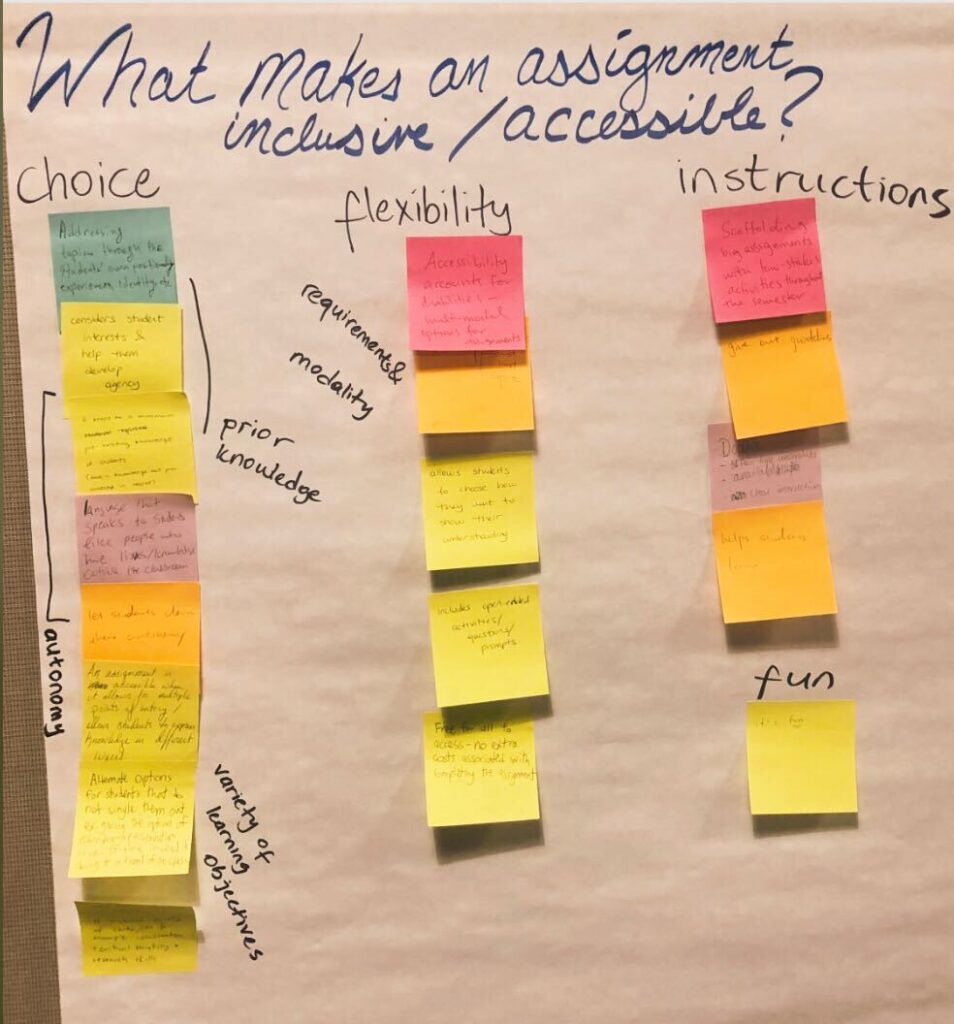
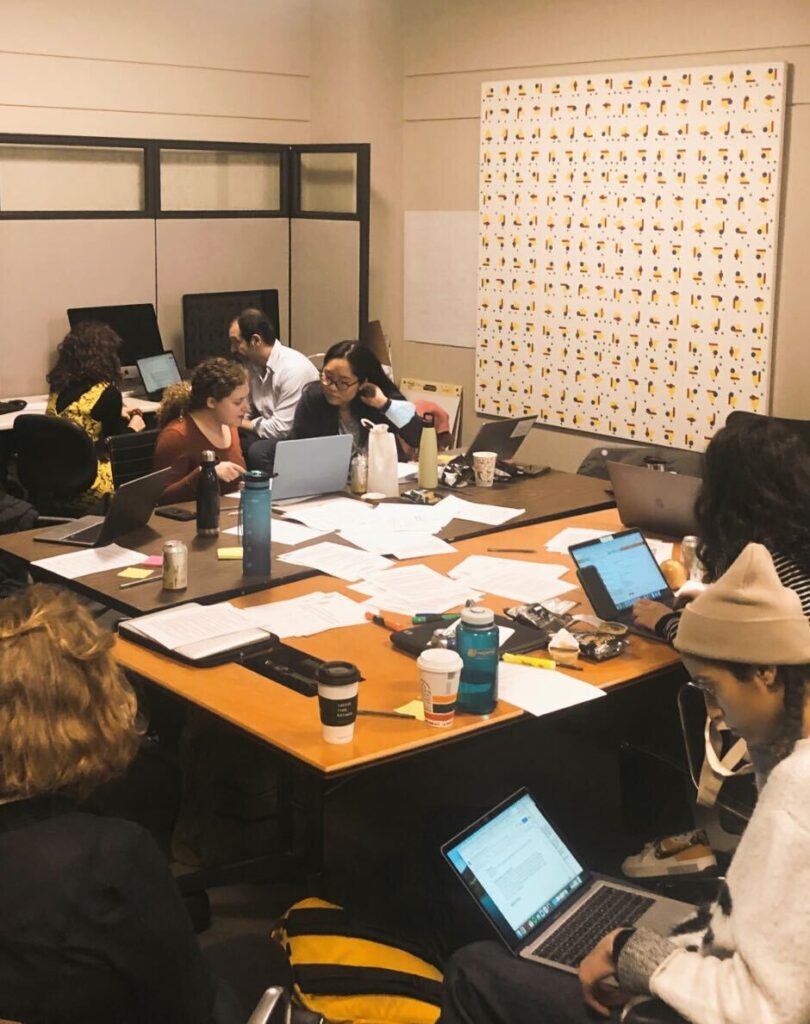
Based on the peer review feedback at the event, graduate students crafted new versions of their assignments and shared the materials with the TLC. These openly-licensed assignments provided the foundation for the TLC’s Assignment Library, a collection of materials developed by CUNY instructors for CUNY instructors. During the assignment library website design, graduate students who contributed materials to the Assignment Library were invited to participate in a short UX design interview lead by TLC fellow, Shima Houshyar. During the interview, students provided feedback on the website in order to make the website most legible and useful for CUNY instructors. Graduate students also provided insight for how to reach other instructors within their programs, and offered to share the resource with their networks. The Assignment Library will continue to grow with ongoing support from the TLC and we hope it will become a valuable resource for all instructors teaching across the CUNY system.
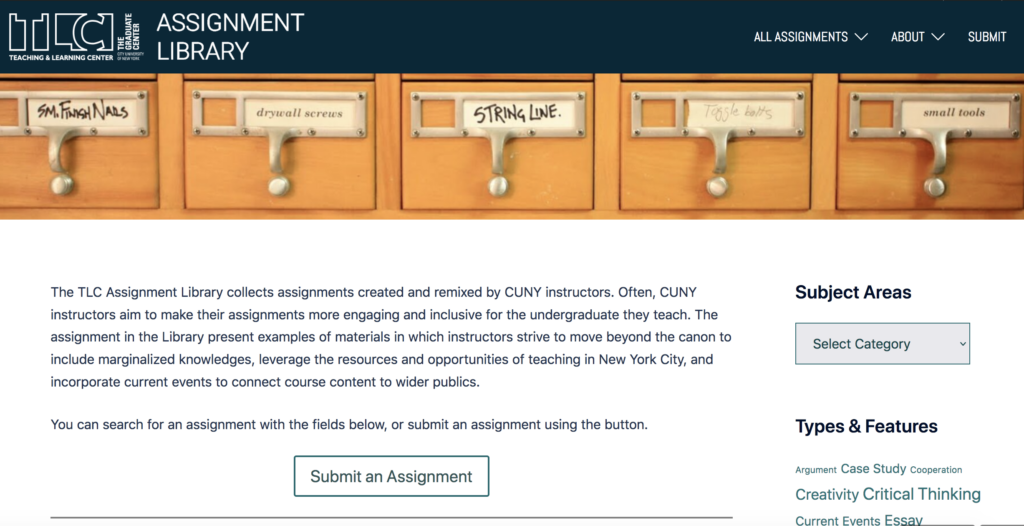
Disciplinary OER Collections
In the second project, the TLC invited six graduate students to participate in a Focused Inquiry Group (FIG) to curate disciplinary Open Educational Resources (OER) collections. The FIG participants worked collaboratively throughout the spring and summer to find and curate teaching materials that can be used in a variety of courses in their discipline. The syllabi, assignments, readings, and multimedia resources in these collections have been vetted and used in specific CUNY courses by CUNY instructors. Moving forward, instructors who engage with the disciplinary collections are encouraged to submit their own new or remixed materials so that these collections can continue to grow over time. If applicable, the collection website offers guidance on open licensing and how instructors might contribute their materials to the collection. Links to the OER collections are below, and the materials may be used and remixed by graduate students and instructors teaching a variety of courses across CUNY.
Animal Behavior Teaching Resources https://evoanmbehav.commons.gc.cuny.edu/
Lyndsay Hage and Jennifer Savoie
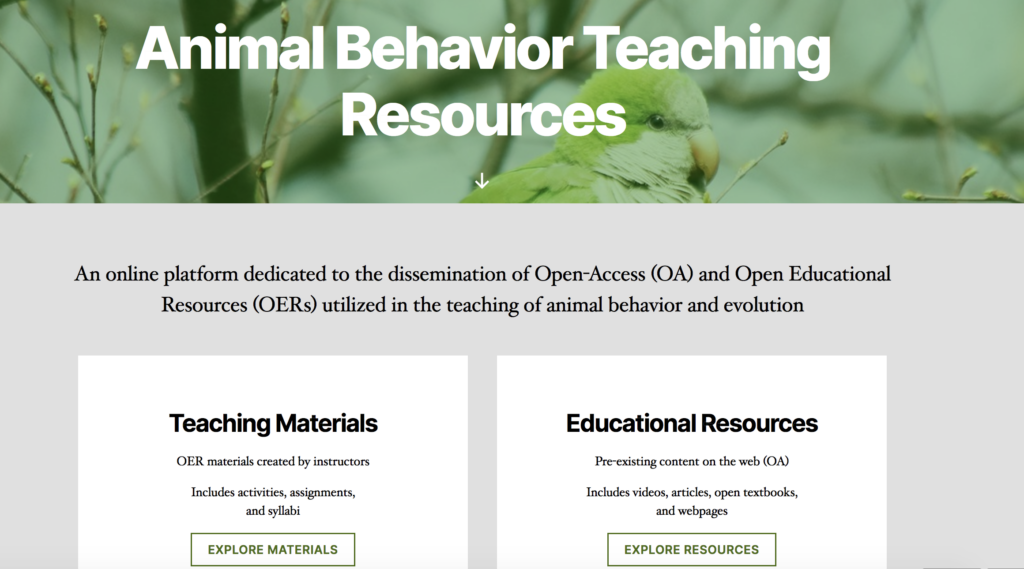
Animal Behavior Teaching Resources is an online platform dedicated to sharing Open-Access (OA) and Open Educational Resources (OERs) used in the instruction of animal behavior and evolution. Our mission is to provide instructors with a hub for discovering and sharing resources, with the aim of fostering more zero-textbook courses at CUNY and enhancing course materials. The website caters to instructors across various disciplines, including Psychology, Biology, and Anthropology. Although accessible to all instructors, our primary focus is to support CUNY educators in creating and sharing materials tailored to CUNY students and courses.
Community Organizing Minor at Hunter https://hunterco.commons.gc.cuny.edu/
Jamie Borgun
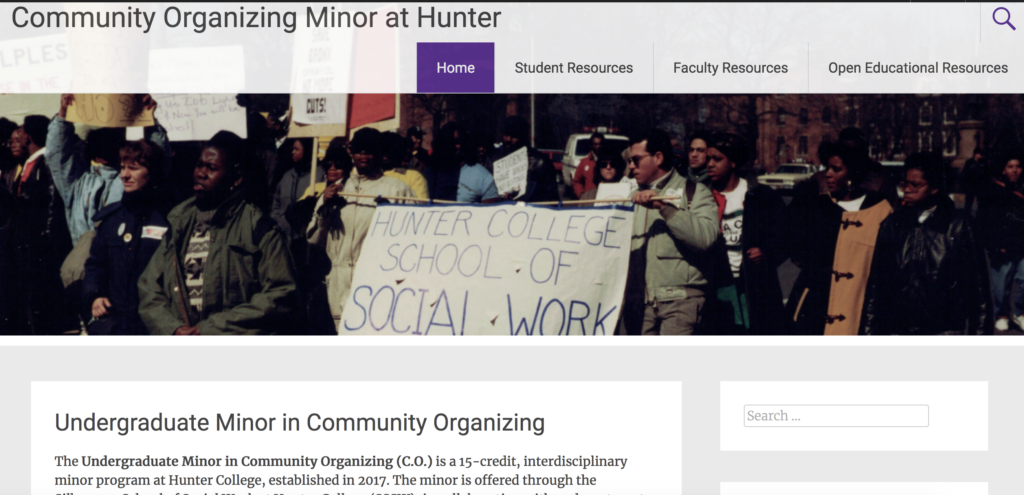
This site is intended for students and faculty interested in the Community Organizing Minor at Hunter College; it contains information pertinent to the minor, as well as a repository of open educational resources related to community organizing for those interested in learning, teaching, and researching community organizing.
Marking Gender in Spanish
https://pressbooks.cuny.edu/spanishgender/
Silvia Rivera Alfaro
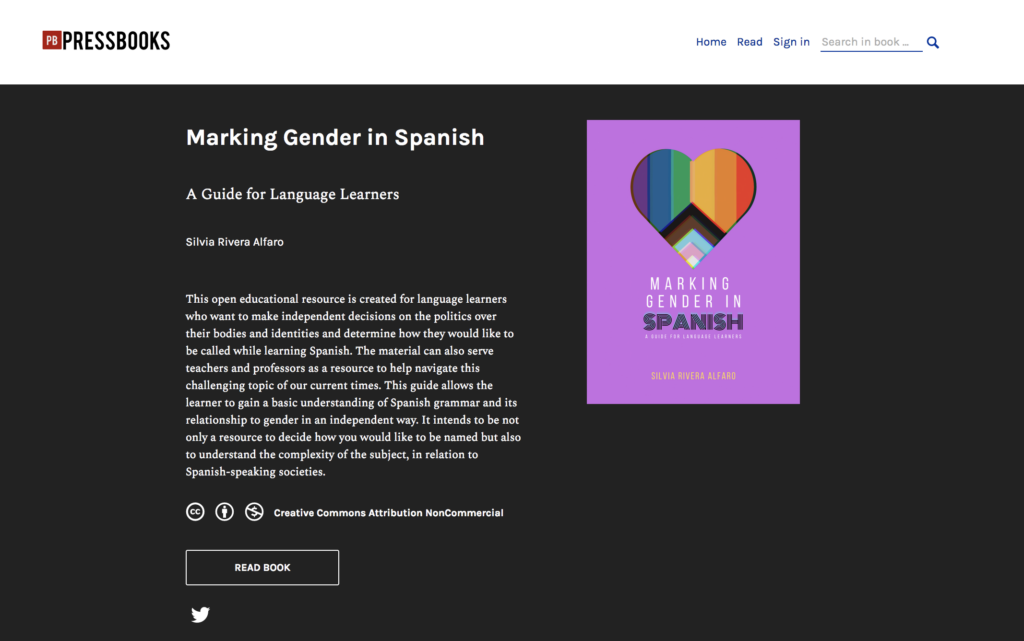
The Marking Gender in Spanish text was created for language learners and instructors who would like to introduce and engage a critical lens when considering how the Spanish language contends with gender. Language learners can use the text to make independent decisions on the politics over their bodies and identities and determine how they would like to be called while learning Spanish. The material can also serve teachers and professors as a resource to help navigate this challenging topic of our current times.
OER/ZTC Philosophy Teaching Resources https://oerztcphilcuny.commons.gc.cuny.edu/
Yingshihan Zhu
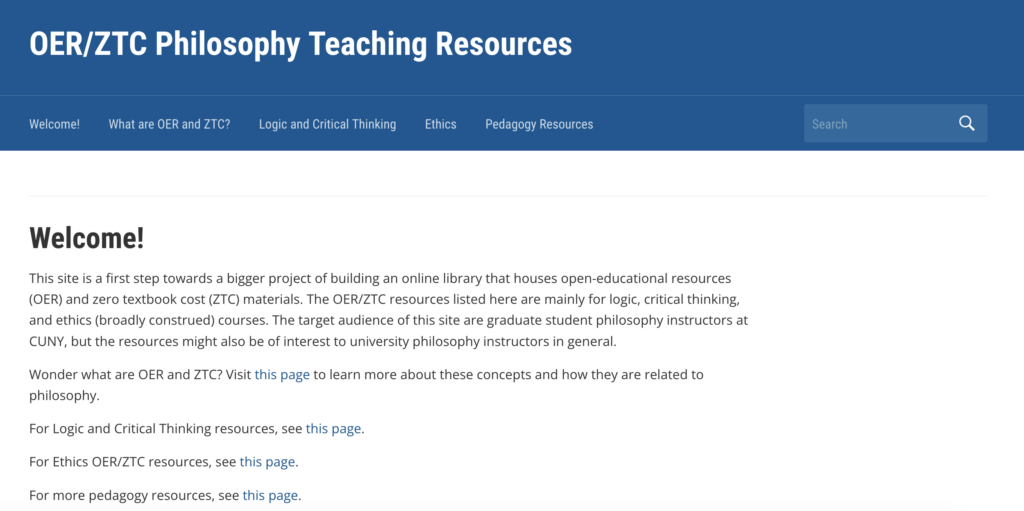
OER/ZTC Philosophy Teaching Resources is a first step towards a bigger project of building an online library that houses open-educational resources (OER) and zero textbook cost (ZTC) materials. The OER/ZTC resources listed on the site are geared toward teaching logic, critical thinking, and ethics (broadly construed) courses. The target audience of the site are graduate student philosophy instructors at CUNY, but the resources might also be of interest to university philosophy instructors in general.
Teaching Environmental Psychology Critically https://tepc1beta.commons.gc.cuny.edu/
Erin Lilli
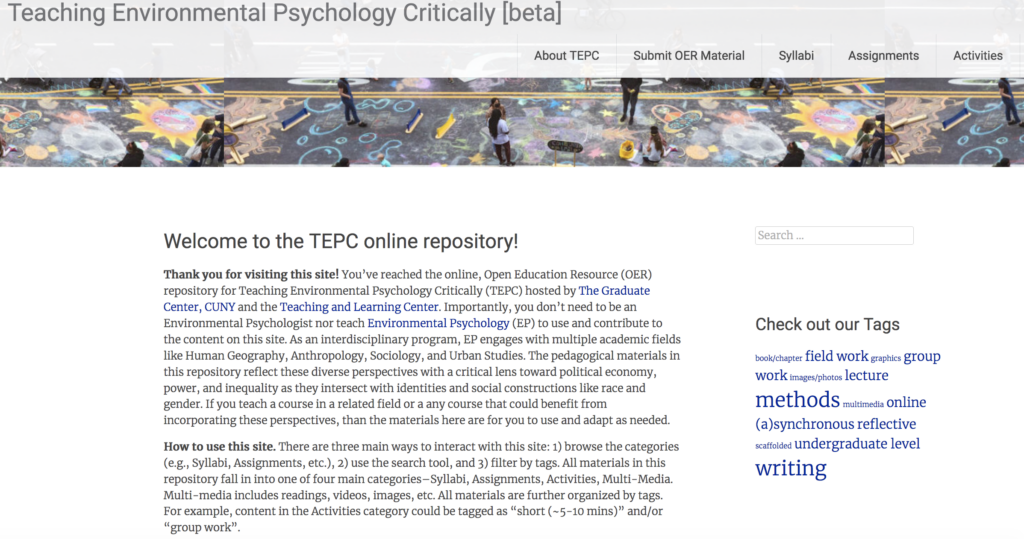
Teaching EP Critically is the start of an evolving culmination of workshops and discussions about Teaching Environmental Psychology Critically. It is intended to be a resource for educators, in any field, who want to apply the principles and pedagogies of Environmental Psychology in their course. The materials on the site may be especially helpful for instructors developing psychology, social science methods, and urban studies courses.
The development of the TLC Assignment Library and the Disciplinary OER collections was generously supported by the Transformative Learning in the Humanities Initiative and also received guidance and support from Elvis Bakaitis, Head of Reference in the GC Mina Rees Library.
Disu, S., Dressel, J., Hammami, J., Madoré, M., & Reed, C. T. (2022). “The amount of labor we do for free” and other contradictions: A collective inquiry into the pedagogical choices of CUNY adjunct and graduate student instructors who taught with free of charge materials during the year 2020. Publications and Research. https://academicworks.cuny.edu/gc_pubs/708
Katz, S., & Van Allen, J. (2022). Open with intention: Situating equity pedagogy within open education to advance social justice. Journal for Multicultural Education, 16(5), 421–429. https://doi.org/10.1108/JME-07-2022-0089
Sanders, J.E., Zoccolillo, A., Bartholomay, D., and Marquez, A. (2022).An Interdisciplinary Case Study of Cost Concerns and Practicalities for Open Educational Resources at a Hispanic- Serving Institution in Texas. Journal of Interactive Technology and Pedagogy (21). https://cuny.manifoldapp.org/read/an-interdisciplinary-case-study-of-cost-concerns-and-practicalities-for-open-educational-resources-at-a-hispanic-serving-institution-in-texas/section/cc074226-c6bb-4107-93ac-3cfb27cb69bf
What is Open Pedagogy? – BCcampus OpenEd Resources. (n.d.). Retrieved October 2, 2023, from https://open.bccampus.ca/what-is-open-education/what-is-open-pedagogy/


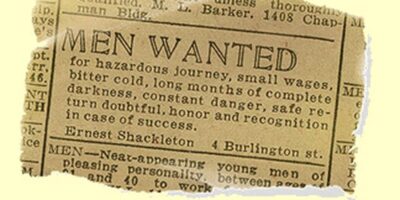
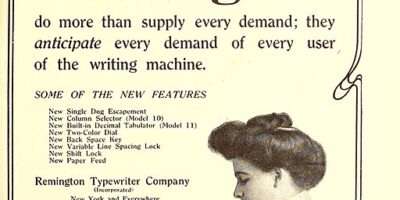






Leave a Reply